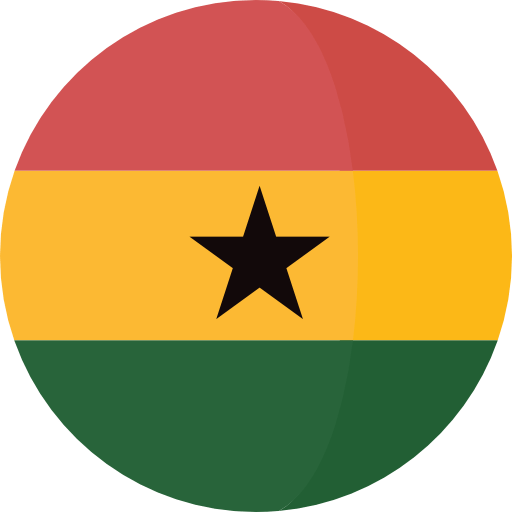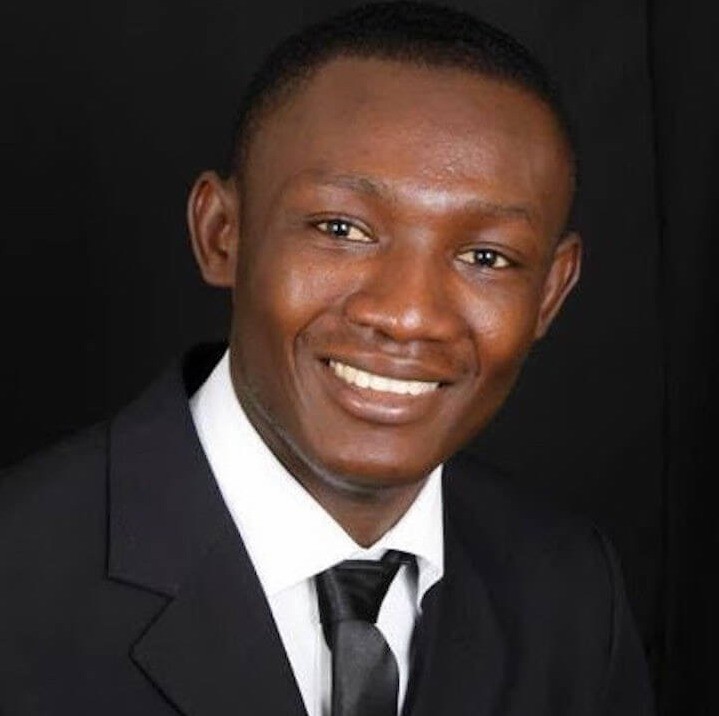What is your educational background?
I have been a lover of science from my childhood mainly derived by my curiosity to know how things work. This desire informed my decision to major in sciences subjects (Physics, Chemistry, Biology, Mathematics, Further Maths) in high school. Although I love science, I was still open-minded when it comes to knowledge. As a result, I took interest in subjects such as Economics, Geography and Engineering Drawing. In 2009, I was admitted to the Kwame Nkrumah University of Science and Technology to pursue BSc. Physics (2013). After completing a mandatory National Service (2014), I participated in a Royal Society postgraduate training in radio astronomy, taking courses in astrophysics, radio astronomy theory, data reduction & analysis and multi-wavelength astronomy (2016). During the postgraduate course, I was awarded a full scholarship by the African Institute for Mathematical Sciences (AIMS) for a MSc. Mathematical Sciences (2017). In December (2017) I received a scholarship from the Newtown Fund DARA project for a Masters of Science by Research in Physics and Astronomy at the University of Leeds, UK. The MSc by Research was awarded in August (2019). Currently looking to commence a PhD in 2020.
What is your current occupation?
I am currently the Operations Lead at Global Lab Network. A non-governmental organisation that seeks to promote science and foster knowledge sharing in Ghana and beyond. I am responsible for leading, coordinating and implementing outreaches and initiatives set out by the network. Notably is the Science Café, a sub-program of the African Science Week celebration an initiative of Next Einstein Forum.
What or who got you into STEM?
Curiosity and senior friends I looked up to.
What is the biggest challenge/barrier you have faced as an African in STEM?
I think the major issue I faced was the lack of mentors. You basically had to find motivation for doing what you did. Additionally, access to the right learning materials and careers guidance. As a child, you grow up loving and liking lot of stuff, at some point you need proper guidance on the way forward from the right persons.
Isaac Newton pretty much sums it up when he said `I have learnt to see afar by standing on the shoulders of those who have gone ahead of me’. The place of career guidance was nonexistent in my days.
How do you think your background/upbringing has been beneficial in your journey/career?
Holistically, my growing up especially my educational experience has impacted positively on my career. Doing different stuff at different times has broadened my knowledge based and enabled me to become more open. As a scientist, I believe one’s ability to be open minded is a vital attribute needed for research. Additionally, the resilience I exhibited in riding the various academic challenges has toughened me mentally to persevere through the tough times and get things done.
The cultural experience I had as a lad growing up in another country and learning new things like language, food and culture has adequately prepared me for the world stage. During my masters at AIMS, we were 48 students form 18 different African countries, all of which has cumulated in shaping my mind and personality. I had the opportunity to study in England, UK and my research group was culturally diverse. I must admit I have had my fair share of the cultural experience that comes along with school and it has adequately prepared me to work in any part of the world.
How do you think we can start to change the narrative surrounding African contributions
to global STEM research & careers?
Be focused and determined, show the willingness to learn and take up initiatives, never to settle for less above all be open-minded.
What advice would you like to give to young, aspiring Africans in STEM?
I think the launch of the African Science Journal is a very positive and powerful initiative. Going forward, more of such initiatives such be encouraged.
Do you have any projects you’re working on that you would like us to highlight?
More support for the project Global Lab Network does in rural Ghana, which aims at equipping less privileged children with ICT skills.




